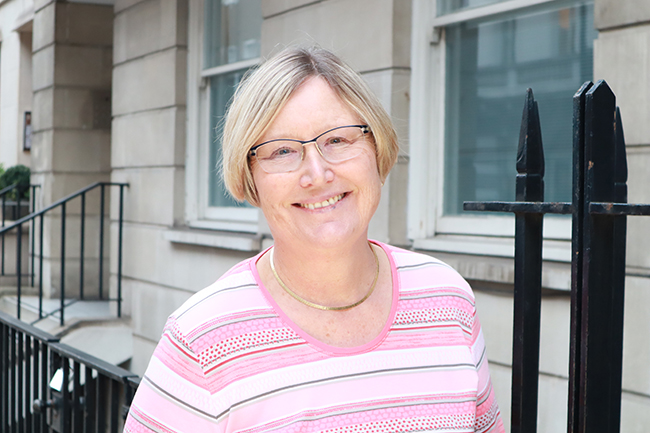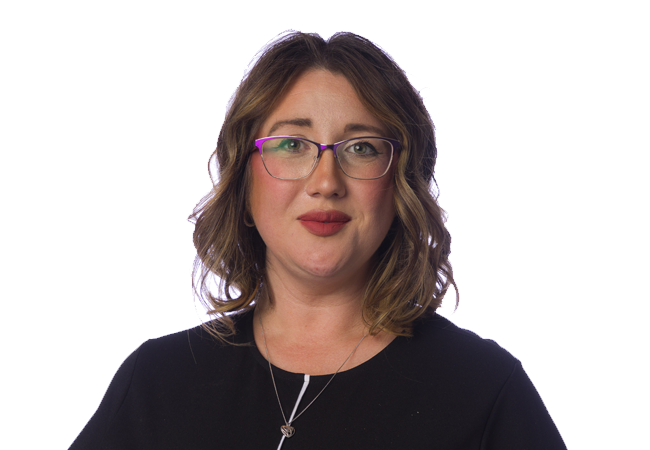What challenges have you have faced throughout your career?
Equality is an issue that is close to many people’s hearts and an issue I am passionate about. As a non-British woman of colour, I have faced barriers throughout my career, but I have also benefitted from allies, which I am grateful for. I cannot express enough the importance of receiving support in all stages of your career. I am grateful to my wonderful peers, sponsors, and mentors for their continuous support.
We are all individuals and each one of us will have unique valuable experiences that we can share. I feel that with increased awareness of intersectionality, highlighting the traditional and societal roles and gained cultural competency, we can work together not only to identify the barriers but to improve the current situation.
The good news for dentistry is that that the number of male and female dentists is starting to become more equal which provides more role models for women who want to enter any career pathways in dentistry whether that is becoming a GDP (as an associate or practice owner), working in secondary care, in salaried services, or in academia. We currently have strong female representation for the rest of the oral healthcare team too, with male colleagues showing an increased interest to join this group.
When I became Co-Chair of the BDA Equality, Diversity, and Inclusion (EDI) committee I was congratulated by many people, who also asked me what my visions were to make improvements in these areas. It shows that as a profession, we want change. Impactful changes can benefit all members of the team irrespective of age, gender, race, and disability. This is the fundamental basis that we are working hard on as a committee to provide a platform for advocating change within these important areas.





